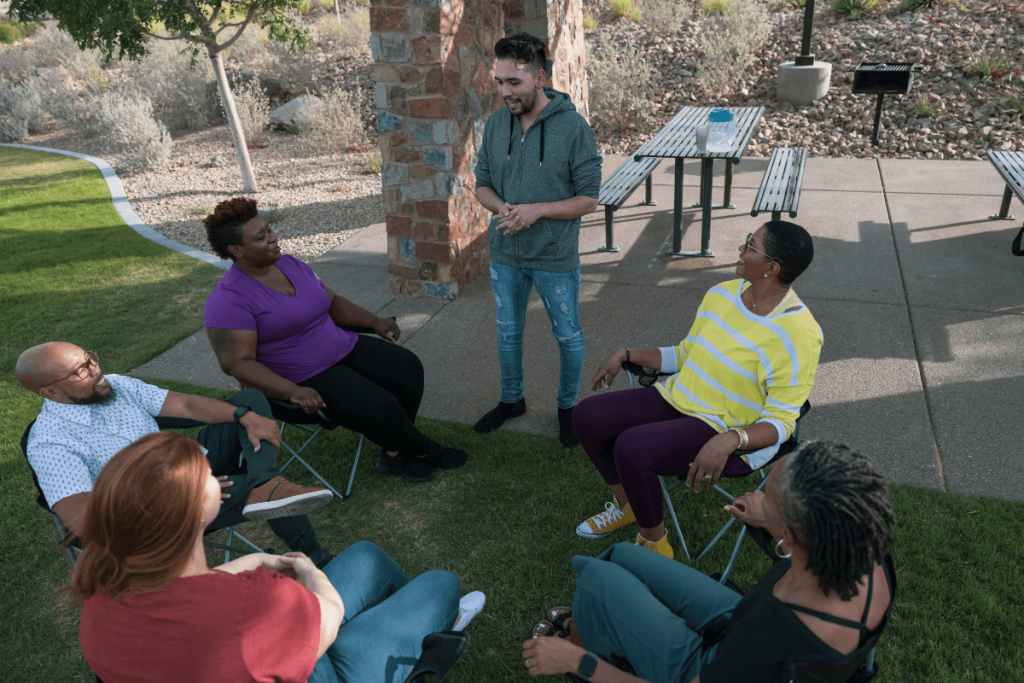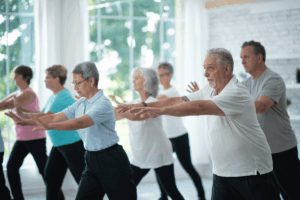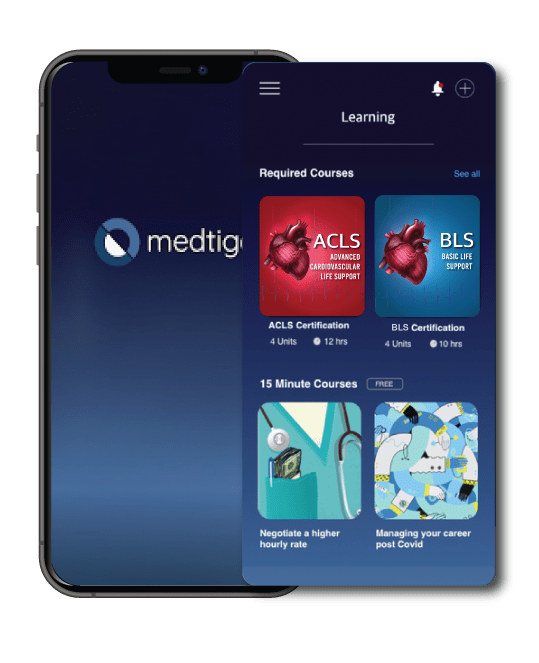
Modern science is increasingly focused on achieving a state of physical and emotional balance, considered essential for overall wellness. Under this area of interest, a philosophy known as positive psychology has arisen, which emphasizes the value of building on personal strengths and fostering positive emotions. The key objective of this approach is to enable individuals to cope with anxiety circumstances when faced with adversities and at the same time, develop a greater degree of satisfaction with life.
There is increasingly good evidence to indicate that laughter therapy as a method has been shown to be very effective in carrying out these objectives. Beyond spontaneous humor, this method presupposes the application of certain techniques, i.e., laughter yoga, facilitated group activities, and therapeutic clowning that are aimed at causing laughter to achieve observable psycho-emotional effects.
A systematic review and meta-analysis have been recently carried out by researchers who used randomized clinical trials across the globe, involved grey literature, and non-English language articles. The wide scope gave the opportunity to have a better perspective of the effectiveness of laughter therapy, especially in adults aged 18 years and above.
The review incorporates various known psychological theories that offer explanations for the effects of laughter. Fredrickson’s Broaden-and-Build Theory suggests that positive emotions broaden cognitive flexibility, enable individuals to think creatively, redefine existing problems, and develop long-term, but also stable, psychological resources such as resilience and social support. According to Lazarus and Folkman, Coping Theory considers laughter as a type of adaptive coping mechanism- a way of enabling affected individuals to re-frame stressful experiences and regain control over them.
The Emotion Regulation Theory by Gross adds yet another dimension, demonstrating that laughter can physiologically reduce stress responses and interrupt negative thought patterns. The Subjective Well-being Theory developed by Diener shows how laughter will raise positive emotions, decrease negative ones, and eventually enhance the level of life satisfaction.
Pooled results showed a significant decrease in anxiety in response to laughter therapy with a standardised mean difference (SMD) of -0.83 between studies. Although the findings were dependent on the type of intervention, the cultural setting, and the measurement techniques, there were certain trends. The greatest effects were in the non-healthcare social context and among nurses as well as nursing students, and laughter yoga and systematic group laughter were identified as the most effective formats. However, online laughter therapy demonstrated minimal to no measurable effects.
In view of life satisfaction, on average, all of these results were also significant, with an SMD of 0.98. The largest improvements were seen in a community setting and in situations where laughter therapy was compared to no intervention control. The benefits in the healthcare context and in the comparison with usual care were marginally smaller, which was still statistically significant.
Despite the positive outcomes, the researchers warn against over-generalisation. High variability across studies likely reflects differences in cultural norms, intervention styles, and session frequency, which may have differed, and it is hard to estimate the specific results with respect to every population. Moreover, most available studies focused on laughter yoga and thus provide little evidence about other kinds of laughter therapy, like hospital clowning or humorous video therapy. Methodological issues encountered by some studies involved minimal sample sizes of subgroups, moderate quality of evidence on the whole, and the virtual inability to blind participants in interventions based on laughing.
The results indicate that laughter therapy might be a great supplement to healthcare and community wellness programmes. Being a low-cost, non-invasive intervention, it has the potential to mitigate dependency on medication, improve patient morale, and establish stronger social connections between the patients and their friends and family. In times like the following, the COVID-19 pandemic, many people faced mental health stress.
Experts suggest that additional research is needed using standardised protocols, culturally appropriate methods, and a wider range of well-being measures. They also demand a higher methodological rigor, including blinded outcome assessments, in order to enhance the evidence base. Currently, laughing therapy can seem to be more than a short-term enhancement of the mood, as it might be a scientifically-proven way toward improved emotional health and higher satisfaction. As the investigation progresses, it might become a stable part of the mental health care arsenal shortly.
References: Porras-Jiménez YM, Pancorbo-Hidalgo PL, López-Medina IM, et al. The role of laughter therapy in adults: life satisfaction and anxiety control. A systematic review with meta-analysis. J Happiness Stud. 2025;26:99. Published 2025 Jul 25. doi:10.1007/s10902-025-00934-z














